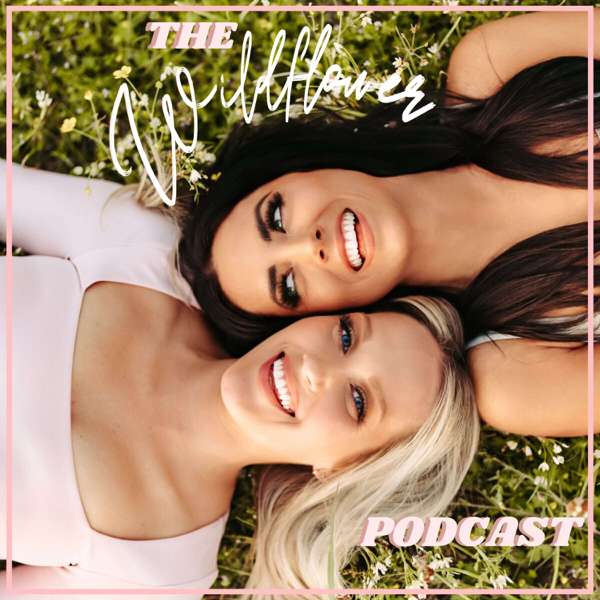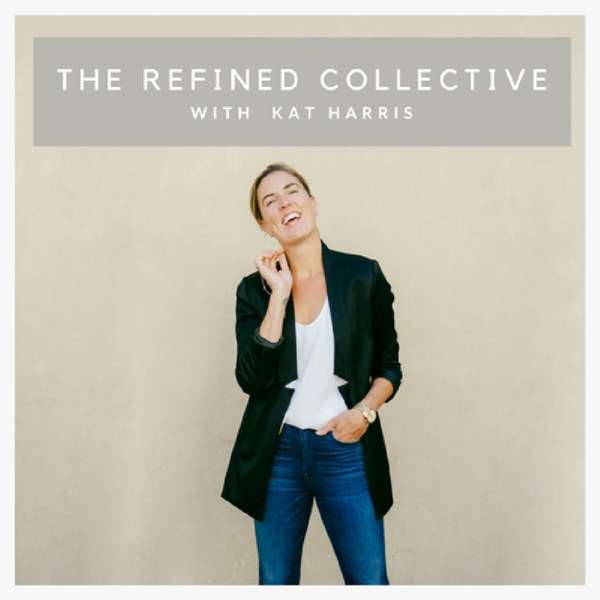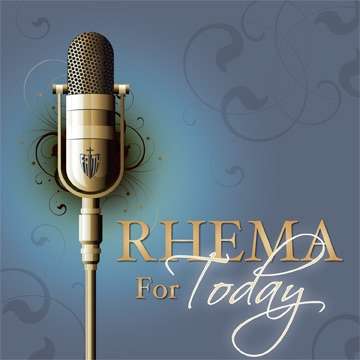Jim and I discuss parenting your adult children, how your role changes, avoiding unsolicited advice, and moving them from dependence to independence.
4:16 Will you share a little of your faith journey with us?
"We've been married a long time [45 years]. We write books together. Some people call us marriage mentors, but we have high maintenance marriage. High maintenance is not bad, it just means we got to really keep working at it."
"The Bible says that you inherit the sins of a previous generation to the third and fourth generation. Well, we want to stop that. You can either recover or repeat."
"Really good parents have kids who make some poor choices, at times.... I always like to say, a sinner married another sinner, and then you have sinnerlings."
"Be ruthlessly honest about your own brokenness. You don't have to always focus on it, but but the truth is when you're ruthlessly honest about your own brokenness I think you parent better."
"We who are studying where kids are going when they become adult children. Unfortunately, a lot of them are walking away from faith, yet there's some studies out right now....that are pretty exciting that say if there are faith conversations in the home, there's about a 300% better chance that they'll stay in the faith."
11:27We are going to chat about
doing life with adult children. When our children live under our roof we rarely consider what parenting will look like when they become adults. What were some surprises or challenges you and your wife faced when transitioning into parenting adults?
"Experience is a better teacher than advice."
19:13You discuss 9 principles in your book, "
Doing Life with Your Adult Children." A few being: Your role as the parent must change. You can't want it more than they want it. Let's talk about Principle # 5: Your job is to move them from dependence to independence. What are some common mistakes parents make in this area and what advice do you have for them?
"Age 0-2 and say your job with them is caring and you're not going to discipline them. You're not giving them a whole lot of advice. You're just showing care. If they cry, you pick them up. Hungry, you feed them, etc. From two to 10, you do pretty much control them. That's micromanaging in the best way. You aren't going to say to your kids, 'You know what I'm doing this podcast right now, so you guys can go outside and if you want to go over to the mall.' ...By about age 10, you've got to turn into a coach, which means you still lead, you still sometimes take them out of the game....you're still in charge....But at the same time, they've got to make some decisions because they've got to learn you're moving them from dependence to independence. By the time they get to older teenagers, you're almost a consultant. Their day to day decisions should be done by them. There are parents who say, 'Yeah, but you don't understand my kid.' No, I don't and you may have to squeeze in especially if there's addiction issues or sexual promiscuity or things like that, but the truth is they should be making most of their decisions. By the time they're adults, they're going to have to learn to do it on their own....I think a lot of parents miss that. They keep wanting to control. If you try to control your kids as young adults, meaning 18, 19 and 20, when they're not always acting like adults, if you keep controlling them, then you don't give them that chance to experience some of the highs and lows of life and become responsible. No young adult wants you to always give them advice, because they view that as you don't trust them, or you don't think they're grown up enough."
SHOW NOTES continued
---------------------------------------------------
Follow Jim Burns on IG and Homeword
Follow Grace Enough Podcast on IG and FB
---------------------------------------------------------
Learn more about your ad choices. Visit podcastchoices.com/adchoices

 Our TOPPODCAST Picks
Our TOPPODCAST Picks  Stay Connected
Stay Connected







